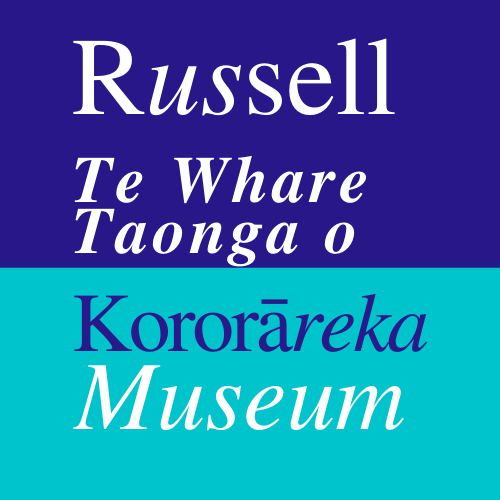In 1791, the British whaler William and Ann, under American Captain Bunker’s command, hunted whales in New Zealand waters. News that whales were plentiful spread and British and American interests began developing the South Pacific whaling grounds, with the British Government offering training subsidies in the hope of attracting seamen to the industry. Convict ships returning to Britain from New South Wales began hauling whale product and the industry grew as venture capitalists entered the market. Whaling ships stopped at Kororareka/Russell to replenish supplies, make repairs and trade goods. 54 American, 14 British, 18 French and 10 Australian “whalers” visited the Bay of Islands in 1834. This significant economic activity slowed as a result of duties and port charges imposed by New Zealand’s new government formed after the Treaty of Waitangi was signed, 6 February 1840.
Only a small number of whaling stations still operated along Northland’s coastline in 1890, when the Cook brothers, Herbert (Bert), William and half brother, George Howe began their shore based whaling operation from the existing Whangamumu site. Bert, who had served on an American whaler for ten years, observed how whales migrating northward liked to dislodge barnacles from their skin by rubbing against the bottom rock face of Cape Brett, and he patented a new technology to catch them. The brothers constructed manila whaleline nets designed to break off in sections and entangle the whale when the yard lashings between the sections and the floating casks were broken. They strung them from the Cape Brett cliffs to a nearby rock, now known as Net Rock. Bert used this new method, as well as harpooning until 1910, when he bought the English steam trawler, Hananui. The largest Whangamumu catch was in 1927 with 74 humpbacks being processed for 388 tons of oil and 701 tons of bone dust. Enormous Norwegian factory ships began overfishing the migratory whales as they passed through Antartic waters leading to a decline in numbers, making whaling uneconomical and Cook’s NZ Whaling Co. Ltd closed operations in the 1940s.






























